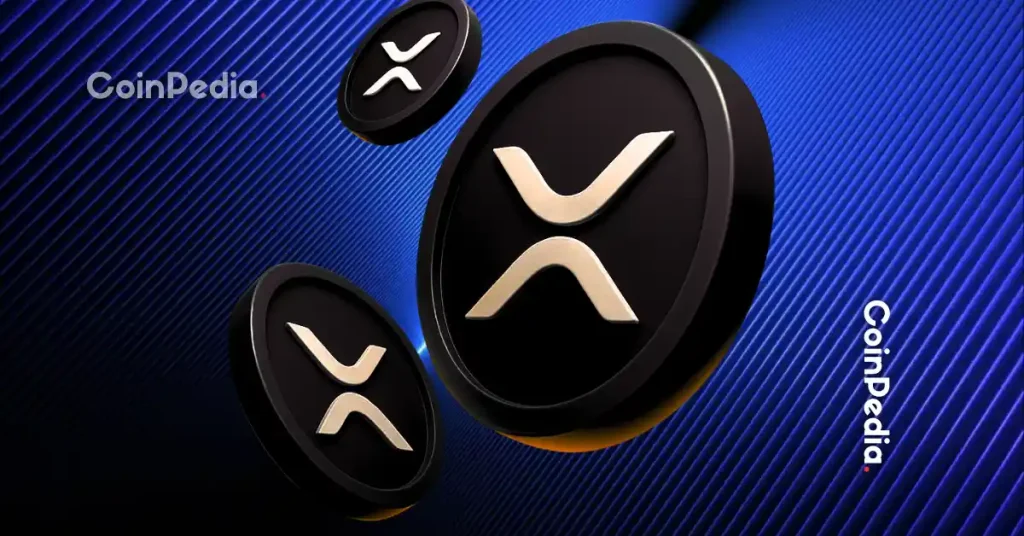The meteoric growth of stablecoins is prompting global banking regulators to reconsider how traditional banks should treat cryptocurrencies. Erik Thedéen, the chair of the Basel Committee on Banking Supervision and governor of Sweden’s central bank, the Riksbank, said that regulators are currently focused on stablecoins.
Other central bankers also stated that they were closely monitoring developments related to these so-called stablecoins, which are digital tokens linked to traditional currencies such as the dollar or euro, providing one-to-one value.
Thedéen said at a conference in Washington on Wednesday, during the IMF meetings, that the Basel Committee could revise its current crypto capital framework, given the significant changes in the digital asset landscape since 2022.
Basel considers rule review amid stablecoin boom
When, in 2022, the Basel Committee wrote its crypto capital rules, stablecoins were new. But policymakers at the time were more concerned about volatile assets such as Bitcoin and Ethereum. However, since then, stablecoins have experienced a surge in use and value — tokens like Tether (USDT) or USD Coin (USDC), for example, now facilitate billions of dollars’ worth of transactions every day worldwide.
Under the current regime, most stablecoins are considered highly risky crypto assets, and banks must maintain equal amounts of capital against them as they would against much more volatile cryptocurrencies. Thedéen admitted that this blanket approach may no longer be suitable for today’s evolving market, as newer stablecoins are increasingly backed by liquid assets such as short-term US Treasuries.
The new capital rules, which were set to take effect in 2026, would have made it far more expensive for banks to dabble in crypto assets. The finance industry has stated that such treatment is excessively punitive and stifles innovation, especially at a time when several global banks have been experimenting with issuing their own stablecoins, which are pegged to major currencies, including the US dollar, the euro, and the yen.
Thedéen emphasized that any revision of the rules would undergo a very thorough process involving all Basel member states. He noted that some members had already adopted parts of the package, suggesting that any amendments would require broad consensus.
The Basel Committee’s latest signal comes as regulators worldwide are increasingly scrutinizing the stablecoin industry. The Bank for International Settlements (BIS) had just cautioned that the widespread use of stablecoins could increase risks to the financial system, particularly if the tokens were to be used in payments and credit.
The Systemic Risk Board, for its part, suggested that banks or shadow lenders could hold stablecoins issued in multiple countries to a range of users from across the world. The European Central Bank (ECB) has also urged closer supervision to close any regulatory gaps.
In the United States, Congress passed the Stablecoin Act, establishing national standards for stablecoin issuers. The Act ensures that issuers maintain 1:1 reserves in high-quality liquid assets and provide clear redemption rights to holders.
The Bank of England has just indicated that it will only lift its proposed cap on stablecoin payments when it is certain that there can be no impact whatsoever on financial stability as a result of this technology.
Banks push back against punitive capital charges
Key banks and trade associations, such as the GFMA, have warned the Basel Committee against delaying or reconsidering its forthcoming crypto framework. They state the market has advanced beyond 2022, with better governance, transparency, and collateralisation for the majority of top stablecoins.
The GFMA stated in an August letter to the committee that the proposed rules could make it increasingly uneconomical for regulated UK financial institutions to offer cryptoasset custody and payment services. The group further urged the committee to adopt data-driven adjustments that would better reflect the reduced risk profile of stablecoin issuers with strong performance records.
Get up to $30,050 in trading rewards when you join Bybit today
















 English (US)
English (US)